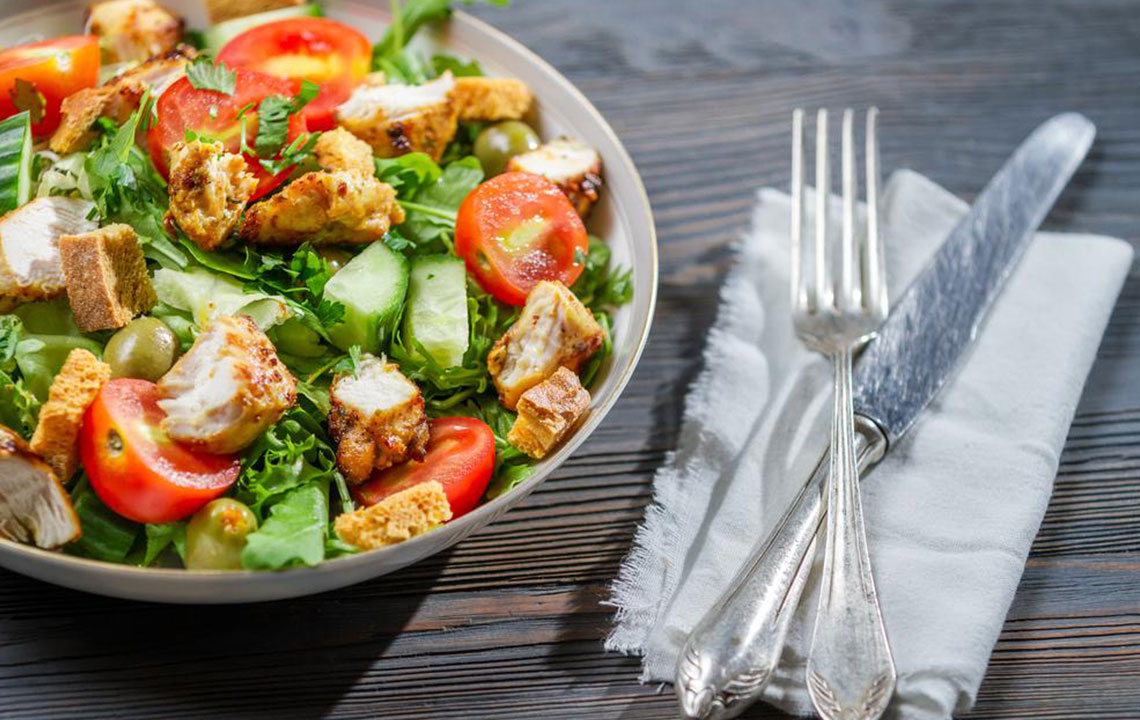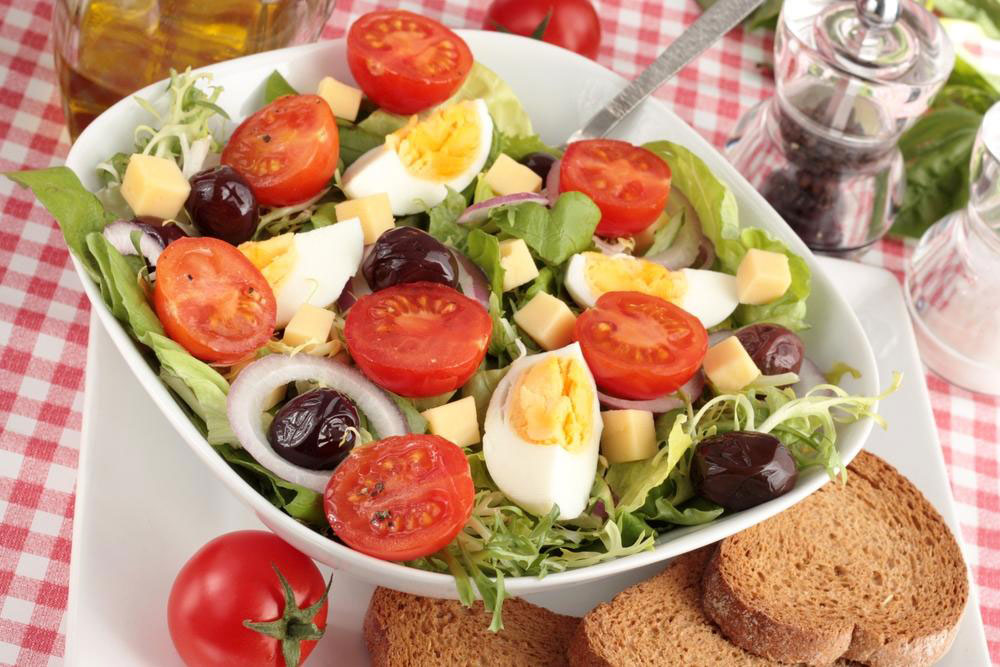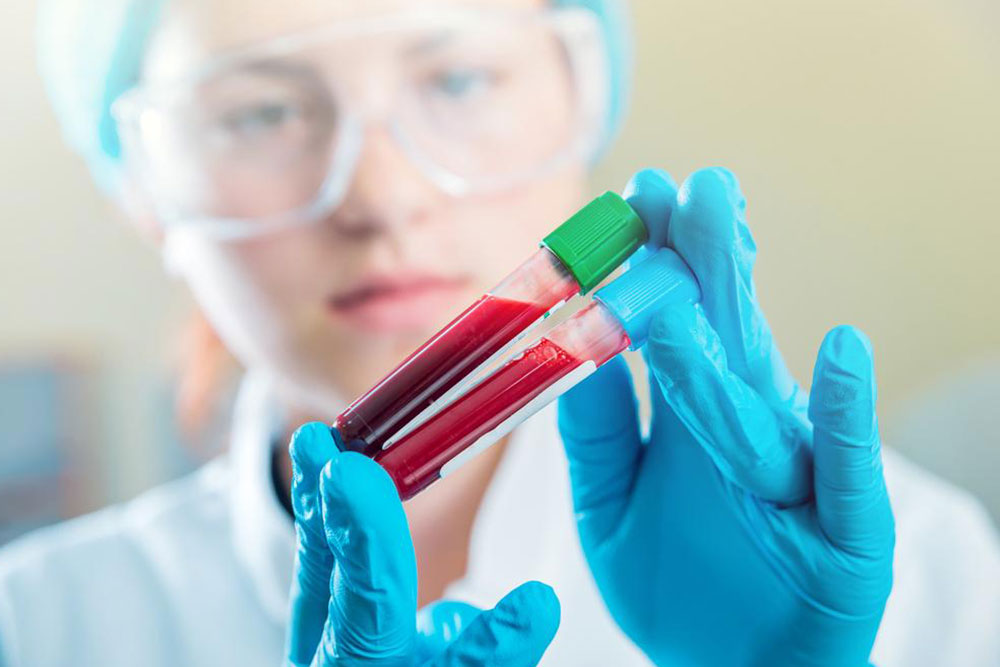Essential Dietary Guidelines for Kidney Health Management
Discover essential dietary tips for managing kidney health. Learn which foods to include or avoid to protect your kidneys and prevent further damage. Tailored advice from healthcare providers can optimize your diet for kidney disease management and overall well-being.

Guidelines for a Kidney-Friendly Diet
Chronic kidney issues impair your kidneys' ability to function properly. Many factors can contribute to kidney problems, but a key aspect for all patients is dietary management. Proper nutrition can help protect your kidneys and reduce the risk of related conditions like hypertension and diabetes.
Developing a tailored kidney health diet plan is crucial. If you've undergone a transplant or are on dialysis, consult your healthcare provider for personalized guidance.
Here are key dietary do’s and don’ts for individuals with kidney issues. Before incorporating specific foods, it’s important to identify and limit substances that can compromise kidney health.
Foods to limit or avoid:
Salt and Sodium: Reduce salt intake by checking food labels for sodium content and avoiding processed snacks like chips, salted nuts, and canned foods with preservatives. Opt for fresh, unprocessed meats and poultry instead of preserved options. Some low-sodium salts are available, but consult your doctor before use, as they may contain high potassium levels.
Protein: Since damaged kidneys struggle to process excess protein, moderation is important. However, protein is vital for strength and immune health. Include sources like egg whites, fish, lean meats, nuts, oats, and legumes, but in recommended amounts per medical advice.
Phosphorus: Limit dairy, nuts, beans, whole grains, beer, and carbonated drinks to control phosphorus intake, preventing bone weakening and calcium loss due to its buildup in blood.
Potassium: Foods high in potassium such as bananas, potatoes, tomatoes, melons, beans, and yogurt should be consumed cautiously. Your healthcare provider can help determine your personalized potassium limit based on your blood tests.
Fluid Intake: Fluid restrictions depend on your stage of kidney disease. Excess fluids can cause swelling and lung issues, so always follow your doctor’s guidance on daily intake.
Here are foods to include in a kidney-friendly diet:
Apples: Versatile and nutritious, apples can be enjoyed raw, as juice, or in cooked dishes.
Strawberries: Rich in antioxidants and vitamin C, they can be eaten fresh, blended into smoothies, or added to cereals and desserts.
Cherries: Beneficial for various health concerns, but high in potassium. Consume cautiously—raw, in sauces, or as part of shakes and salads — after consulting your doctor.
Egg whites: A high-quality, low-phosphorus protein source suitable for kidney patients. Use in omelets, snacks, or salads.
Cabbage: Low in potassium and high in vitamins, it makes a nutritious addition to meals. Include in salads or stir-fries.
Ginger and Coriander: These spices add flavor and provide health benefits, making dishes tasty and kidney-friendly.
Walnuts: Source of omega-3, zinc, and antioxidants, walnuts enhance heart and brain health when incorporated into meals and snacks.
Note:
The information shared serves to guide readers on maintaining kidney health through diet. It’s essential to consult healthcare professionals for personalized plans and interpretations. Our content is for informational purposes and may not account for individual health conditions or the latest updates in medical guidance.










